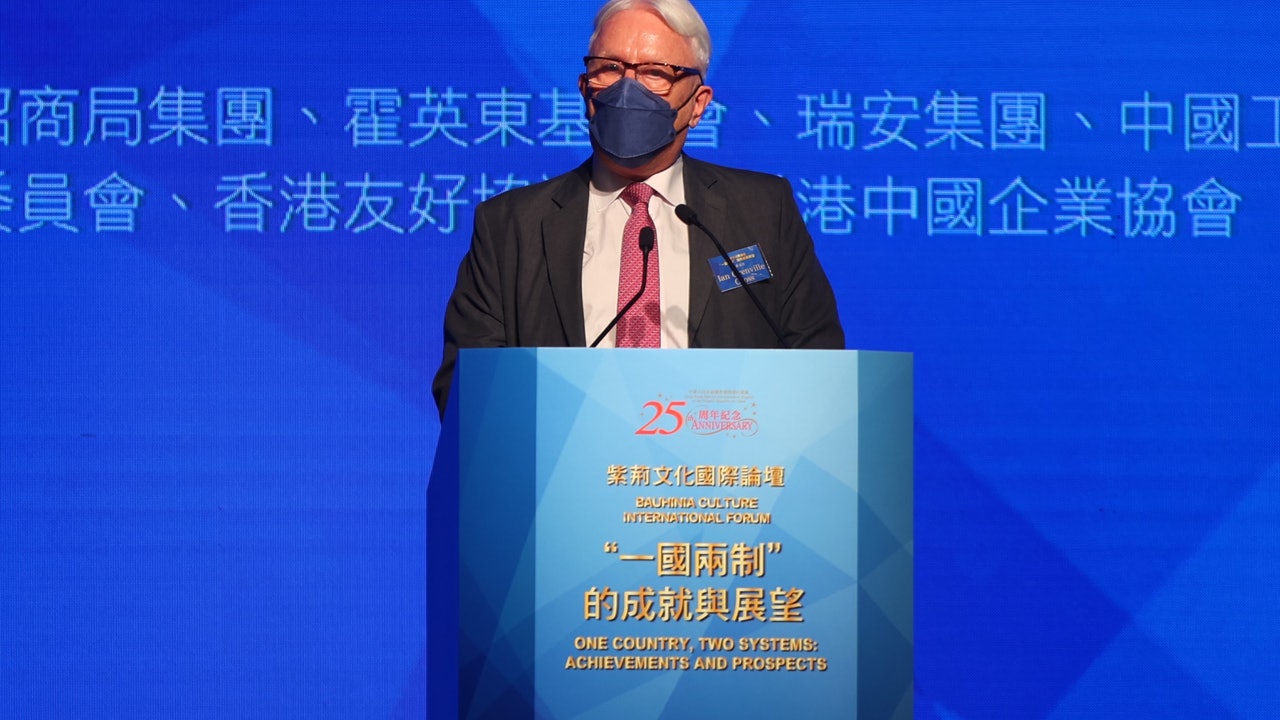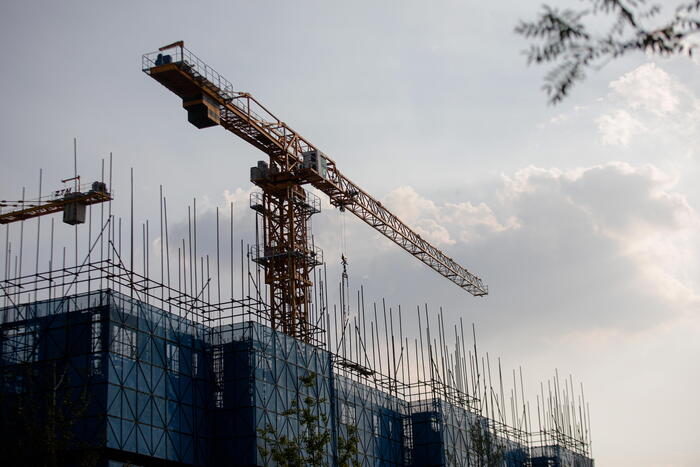Former Crown Prosecutor Johnny Kong said in a forum today (16th) that two British judges resigned as non-permanent judges of the Hong Kong Court of Final Appeal earlier, but the focus should be on the fact that most overseas non-permanent judges should remain in office. There are 10 overseas non-permanent judges, which is more than enough. Apart from judges from common law districts such as Australia, New Zealand and the United Kingdom, it is impossible to imagine why judges from places such as India, Jamaica and Singapore cannot be invited to Hong Kong.
Regarding some people who advocate that the judges of the final court should be local judges, he believes that as an international city, it is a good thing for Hong Kong to hire overseas judges.
Tan Huizhu: National Security Law judge independently decides bail
Jiang Leshi pointed out that with the implementation of the "Hong Kong National Security Law", the police have the tools to protect Hong Kong and the country, but more measures are needed to protect the police, such as preventing fake news and insulting the police.
He said that freedom of speech is not absolute, and there are red lines that cannot be crossed. Those concerned about freedom of speech should know that the best way to protect freedom of speech is to exercise it responsibly.
Tam Wai Chu, Deputy Director of the Basic Law Committee, spoke in a keynote speech about how Hong Kong courts measure the rights and freedoms of Hong Kong people and the effectiveness of the "Hong Kong National Security Law".
She pointed out that in the Li Zhiying case, due to its serious nature, according to Article 42 of the "Hong Kong National Security Law", criminal suspects and defendants shall not be granted bail unless the judge has sufficient reasons to believe that they will not continue to commit acts endangering national security. , which is an independent decision of the judge.
She also mentioned that in the Tan Dezhi case, the court clarified some conceptual terms, including "malicious" and "hatred".
She said that the court also pointed out that a balance should be struck between safeguarding national security and freedom of speech. Tan Dezhi will appeal the definition of "sedition", and the court's judgment will enrich the interpretation of the national security law.
Chen Hongyi, member of the Basic Law Committee.
(Photo by Luo Junhao)
Chen Hongyi: Improve the electoral system to end political instability
Chen Hongyi, a member of the Basic Law Committee, said that in 2003, the legislation of Article 23 of the Basic Law failed, and since then it has become a politically sensitive issue. Later, the pan-democratic parties called for rapid universal suffrage. Occupy Central and the pro-democracy camp opposed it in the Legislative Council. At that time, the pro-democracy camp believed that the proposal was not "democratic" enough, but the Basic Law stipulated that candidates for the Chief Executive by universal suffrage should be nominated by the Nomination Committee, and the "831" proposal complied with the provisions.
He proposed to improve the electoral system for patriots to rule Hong Kong, and to end political instability, "Raab" and the anti-China movement.
He hopes the current social and political stability in Hong Kong will continue.
Sheng Zhiwen, Chairman of Lan Kwai Fong Group in Hong Kong.
(Photo by Luo Junhao)
Sheng Zhiwen: More than 120 countries around the world have national security laws
Sheng Zhiwen, chairman of Hong Kong Lan Kwai Fong Group, pointed out that the central government was criticized by Western society when it formulated the "Hong Kong National Security Law", but more than 120 of the more than 200 countries in the world have national security laws. "What's wrong with Hong Kong's national security laws?" , that the National Security Law laid the foundation for "one country, two systems".
He mentioned that in the past, Hong Kong's stagnation was due to the division of the Legislative Council between the pro-democracy faction and the pro-establishment faction, and no bill could be passed, but under the patriotic rule of Hong Kong, the Legislative Council can re-operate and improve the well-being of the people. It is believed that under the next Chief Executive Under the leadership of Li Jiachao, Hong Kong will become stronger.
Huang Liuquan: Hong Kong people's rights and freedoms have never been wagered in Hong Kong. Those who fail will not win. Looking back at the amendment bill, Lam Cheng said that "one country, two systems" has been derailed. Li Jiachao: There is nothing more painful. Roll big: Do you think it's surprising?
News: Lin Zheng's "love general" Nie Dequan will not join Li Jiachao's team Yau Tenghua and Chen Fantong to leave office




/cloudfront-eu-central-1.images.arcpublishing.com/prisa/3I74UEXLYRBBRPGPSGWNN6WXH4.jpg)


